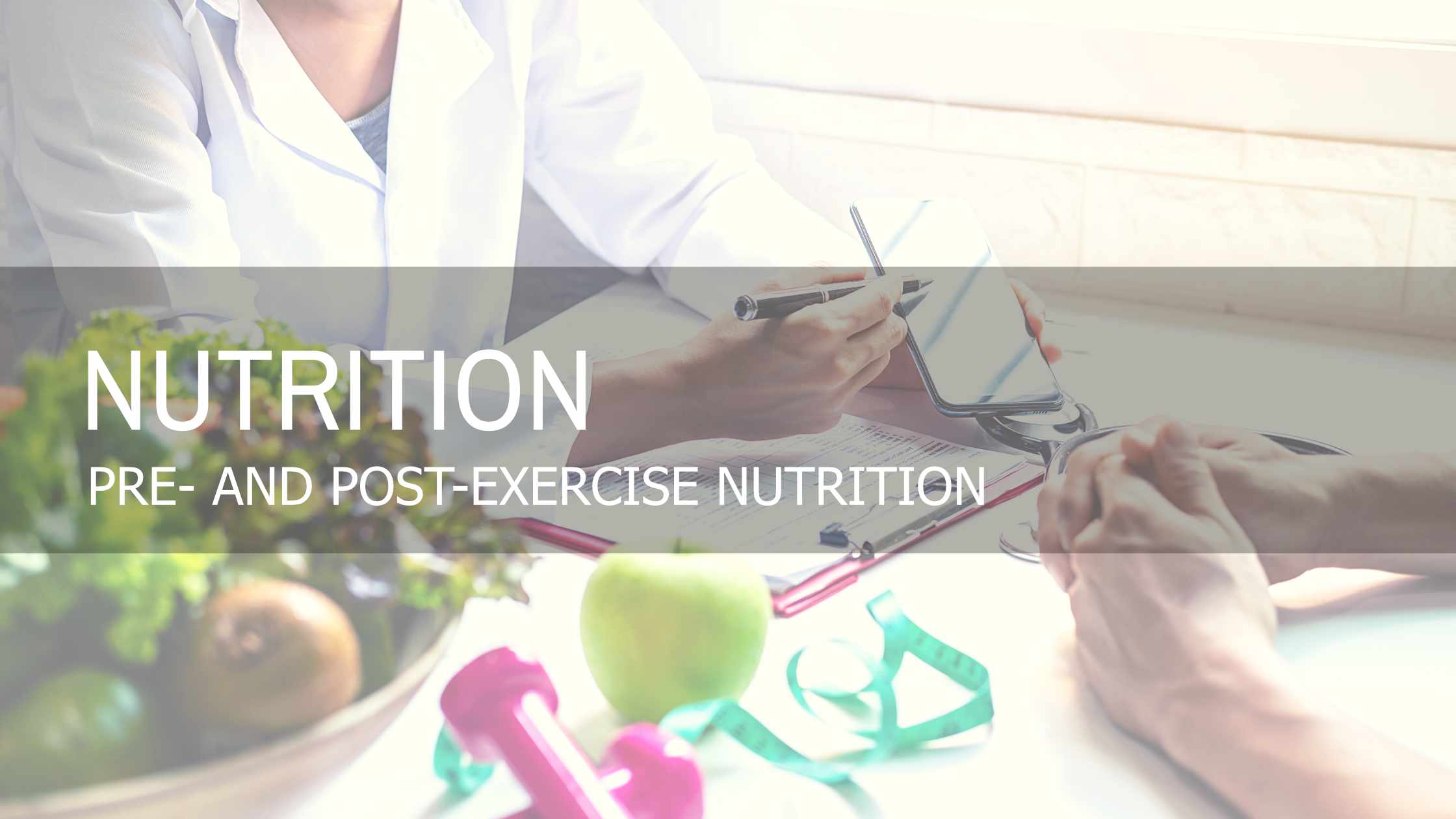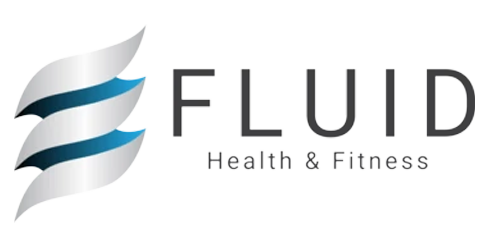
Apr 30 , 2021
0 Comments
Metabolic Expression and Exercise | Pre- and Post-Exercise Nutrition
Pre & Post Exercise Nutrition
Fuel your activity to reach your goals!
Increased needs w/increased physical activity:
As we began to discuss last week, increased physical activity, whether in duration or intensity, results in an increased need of calorie/energy intake. Increased needs are calculated based on an “Activity Factor” that can range from 1.0 (completely sedentary) to 2.5 (extended max effort high-duration sport). Some common activity factor ranges include: 1.4-1.6 for moderate activity, 1.7-1.8 for moderately heavy activity, 1.9-2.0 for heavy fitness activity and 2.1-2.2 for vigorous sports activity/competition. This activity factor is multiplied by your estimated base calorie needs to give a total calorie intake that includes the increased needs with increased activity. Carbohydrate needs with exercise/physical activity are based on the type and intensity of the activity. Carbohydrate needs can vary from 3 to 12 grams per kg body weight, with most people needing an average of 4-8 g/kg (or 40-60% of total calories). Depending on activity and the level of intensity, protein needs often also increase with increased exercise. Protein needs range from 1 to 2.5 grams of protein per kg of body weight, depending on activity and goals.
Pre-exercise nutrition:
Pre-exercise fuel is important for preventing hypoglycemia (low blood sugar), settling the stomach, fueling muscles and exercising harder. Try working up to consuming a 200-300 calorie snack within an hour of working out. For workouts lasting less than 60-90 minutes, a pre-exercise snack should be predominantly carbohydrates, as they empty from the stomach quickly and become available for muscles. Examples of carbohydrate rich meals or snacks include: Greek yogurt & fruit, ½ cup oatmeal with fruit, brown rice cakes w/ 1 T nut butter and sliced apple, whole grain crackers &/or vegetables w/hummus, etc. However, before extended exercise (such as a long run or bike ride) adding more protein and healthy fat will contribute to sustained energy. Examples of pre-workout snacks with more protein and fat include: Whole grain toast w/peanut butter, trail mix of mixed nuts & dried fruit, ½ turkey sandwich, Greek yogurt w/ ¼ nuts, hard boiled eggs on whole grain toast w/ avocado, etc. Fluids are an important part of pre-exercise nutrition as well, so you should shoot for at least 16 ounces of water 1 hours before your workout.
Post-exercise nutrition:
Post-exercise fuel is important for preventing post-workout cramping/muscle spasms, aiding in muscle and other tissue repair and recovery, replenishing energy stores and stabilizing blood sugars. Post workout meals or snacks should include both carbohydrates and protein. Carbohydrate intake stimulates the release of insulin, which is a hormone that not only transports glucose into muscles to replenish stores, but also helps build muscle tissue itself. Protein is essential for muscle growth and repair, as well as being the building blocks for many other cell structures and tissues. Together, they create a better recovery/building response, and reduce cortisol levels; a hormone that stimulate muscle breakdown. Examples of good post-workout meals/snacks include: Chicken stir fry w/brown rice & vegetables, turkey sandwich w/whole grain bread, Greek yogurt & fruit parfait, peanut butter sandwich, oatmeal or toast w/ scrambled eggs, etc. Replacing the fluid lost during exercise is also an important part of post-exercise nutrition. Aim for drinking at least 16 ounces of water within the first hours after working out.
Bringing it All Together:
It is important to know what your goals are and what you can do to increase your chance of reaching them. Your primary activity goals will have a strong impact on your total energy intake, macronutrient breakdown and nutrient timing. If you are properly fueling your body for your activity level, including before and after exercise and throughout the whole day, you are more likely to be able to perform, avoid fatigue and injury and reach your goals. Pre and post exercise nutrition are key to making sure your energy stores are always stocked. This helps you avoid any energy crashes, whether mid-exercise or later in the day. Fatigue or energy crashes due to improper fueling can increase the risk of injury and overtraining syndrome. When you are fatigued during a workout, you may not be able to perform exercises with the proper technique or force. Adequate pre and post exercise nutrition not only makes sure you have the energy to perform, but it gives your body the building blocks to recover/repair properly.
Goals
- Be Aware:
- As in previous weeks, being aware is always the first step to making changes. Review this week’s presentation and write-up.
- Review this presentation again to make sure you have a base understanding of what your increased needs may be and how to properly fuel yourself before and after exercises.
- Take Note:
- .Continue your food journal from previous weeks. Complete for at least 3-4 days, but is best if you can complete for an entire week.
- Make sure to include everything that you are eating and drinking and the amounts/portion sizes.
- Also note if you are eating before and after workouts, as well as what you are fueling yourself with at those times. Also make note of how you are feeling during and after workouts.
- Take Action:
- Alter: If you start to experience multiple symptoms of over training, take steps to recover and prevent further damage.
- Consult: If you are having trouble identifying patterns, including or eliminating certain foods, picking out culprits of dietary imbalance or just want more guidance in your diet patterns, consult a registered dietitian.



